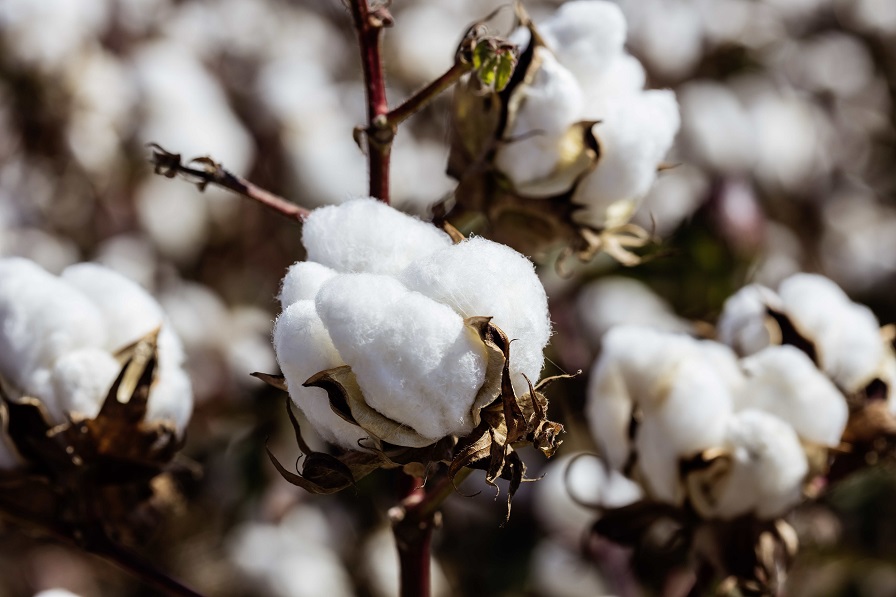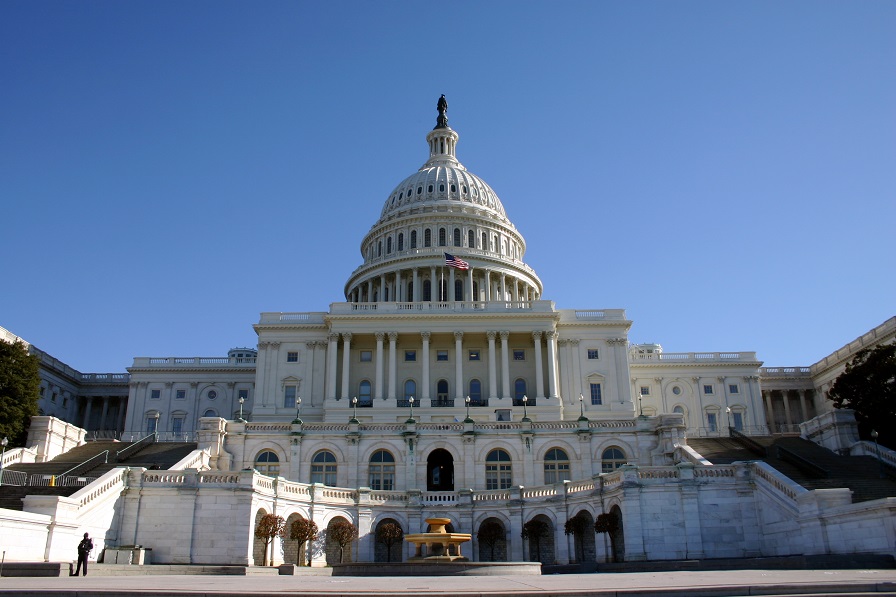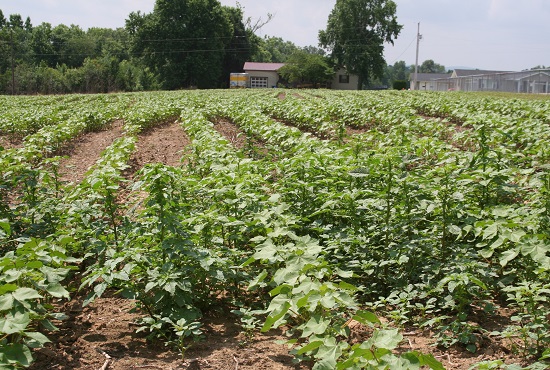Indian Textile Ministry to Lobby for Equal Tax Treatment of Cotton and MMF
If India’s Textile Minister has his way, the disparity in the way cotton and man-made fibers (MMF) are taxed will soon be a thing of the past. There is currently an 8 percent excise duty levied on MMF textiles, as opposed to an optional duty of 4 percent for cotton.
In global fiber consumption, MMF has a 60-40 edge over cotton; in India’s $63 billion textile industry, however, cotton remains king, with 51 percent of the market compared to MMF’s 41 percent. The increasing shift toward MMF usage is one of the Textile Secretary Rita Menon’s primary reasons for drafting a national fiber policy and presenting it to the country’s Cabinet. Once the draft is completed and submitted, it will be circulated to the Ministries of Agriculture, Commerce and Chemicals.
According to the Business Standard, the draft contends that, “Given that the future demand is expected to be largely in favour of man-made, fibre-based textiles, special attention is required to boost the consumption and production of man-made fibres in India.”
Initial reaction to the draft is mixed, with some sources saying that many of its recommendations—including the creation of an export duty on cotton yarn—would do little to better the textile industry as a whole.








